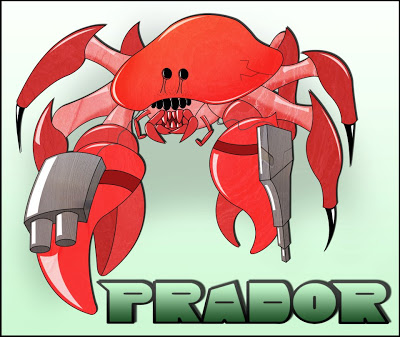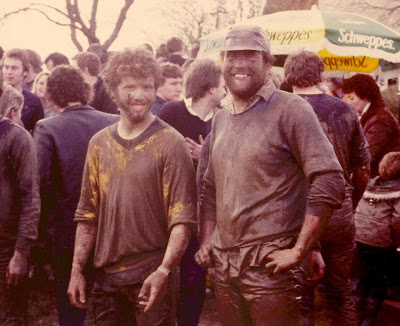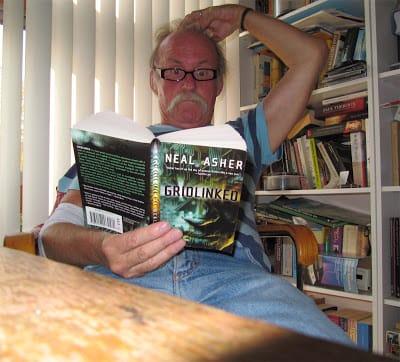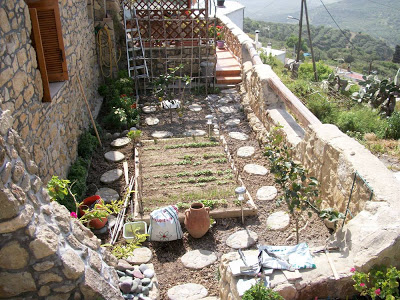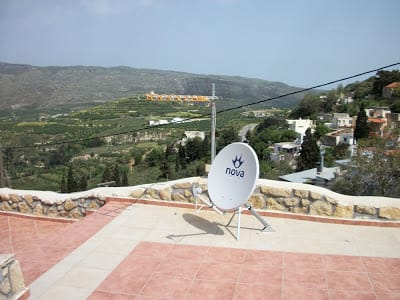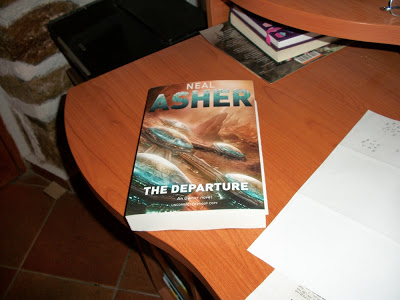Here’s an email I recently received. Perhaps those visiting here would like to address some of his points? I do have some answers, but let’s see what others have got to say….
You should put a section on your blog so people can raise questions without resorting to emailing.
This is a question that’s been annoying me for a while. I grew up with books and with tapes, then CD’s then crappy windows media player and now all my music’s on a 300Gb hard drive as well as every important (and unimportant) photo from my life.
I feel good that all my music’s accessible this way and I’ve binned, or sold all my old CD’s. That was easy.
I also threw all my books prior to 5 years ago away, which at the time seemed good but now is a niggling regret. Mainly because my daughter has just started reading ravenously and a lot of the stuff I had she’d love (she got into fantasy via Harry Potter!)
Should we throw away books in favour of digital text? I’d love to think this is progress but most of the writing I’ve discovered is through browsing bookshops. I buy books from Amazon from time to time
but I don’t ever discover anything via that. Discovery’s are always made in bookshops, be it from a cover or a few first pages etc… I have never found that from a web based system.
I bought a beautifully bound and illustrated edition of “the secret garden” for my daughter as well as a new edition of Philip Pullman’s “Northern lights” Which I know she’ll enjoy (she’s 7 I can’t subject
her to the wonders of masada yet)
A year ago I had this conversation with my partner while considering buying an e-reader. She was horrified that I’d consider sending our books the way of our CD’s and at the time I thought that was
ridiculous however now I’m wondering how people will find new fiction without bookshops? I’m happy that I can access medical journals for work instantly and without wasting tons of paper a year plus emissions related to moving articles to me only 5% of which I want to keep and I don’t know how I’d work without Zotero to catalogue my articles now but I just can’t get comfortable with the loss of bookshops.
Sci-fi never really touches this, writers always just seem to accept that all information is always permanently available at minimal cost to anyone who want’s it but never get into how people might access fiction or even look for it? The only time I’ve heard mention of libraries properly is Ian Banks in “The Algebraist” where the dwellers keep vast uncatalogued libraries stretching back millennia and
further.
Is the future just a library of information where fiction is controlled only by corporations such as Apple and Amazon who “Recommend” the fiction they know you’d like (scary). Or is it vast
quantities of fiction churned out by anyone who feels they can be an author dumped into a huge repository where no one can discover anything of quality? Either way it looks pretty shit for my children or grandchildren.
Sci-fi seems to be comfortable with future tech but lacks depth in social problems. Do you think someone should try writing from that angle?
Kind regards
Marcus
